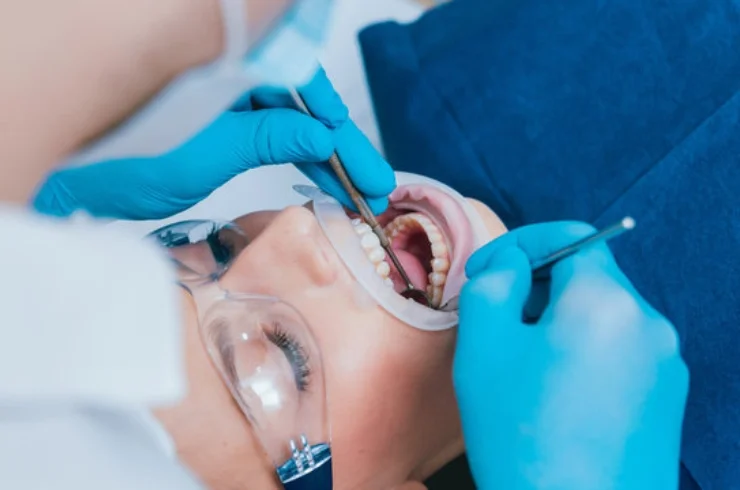Root Canal Treatment (RCT)

Root Canal Treatment (RCT)
Root Canal Treatment (RCT) is a common dental procedure used to treat infection or damage inside a tooth. It is designed to save a tooth that would otherwise need to be removed due to deep decay, trauma, or an infected pulp (the soft tissue inside the tooth that contains nerves and blood vessels).
Why Is RCT Needed?
The most common reasons for a root canal include:
Deep dental cavities
Cracked or chipped teeth
Repeated dental procedures on the same tooth
Injury to the tooth
When the pulp becomes inflamed or infected, it can cause severe toothache, sensitivity to hot or cold, swelling, or even lead to an abscess if left untreated. Root canal treatment removes the infected pulp, cleans the inside of the tooth, and seals it to prevent further infection.
How Is RCT Performed?
The procedure is usually done in one to three visits by a dentist or an endodontist (a specialist in root canals). The steps include:
Diagnosis and Imaging – An X-ray is taken to determine the extent of infection.
Anesthesia – Local anesthesia is administered to numb the tooth.
Cleaning the Canal – An opening is made, and the infected pulp is removed. The canals are then cleaned and shaped.
Filling the Canal – The empty canals are filled with a biocompatible material called gutta-percha and sealed.
Restoration – A crown or filling is placed on the tooth to restore its function and strength.
Is RCT Painful?
Thanks to modern techniques and anesthesia, RCT is usually no more painful than getting a filling. Most patients feel immediate relief after the procedure due to the removal of the infected tissue.
What Happens After RCT?
After treatment, mild discomfort or sensitivity may persist for a few days, which can be managed with over-the-counter pain relievers. Good oral hygiene and regular dental checkups are essential to maintain the restored tooth.
Benefits of Root Canal Treatment
Saves the natural tooth
Restores normal chewing and biting
Prevents the spread of infection
Maintains natural appearance and alignment
Root canal treatment is a safe, effective, and often necessary procedure to preserve your dental health. If you’re experiencing persistent tooth pain or sensitivity, consult your dentist to determine whether RCT is the right solution for you.